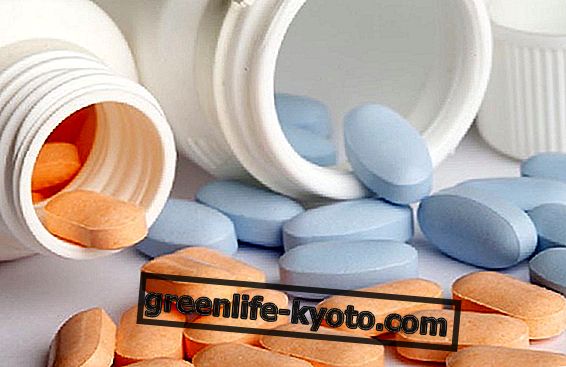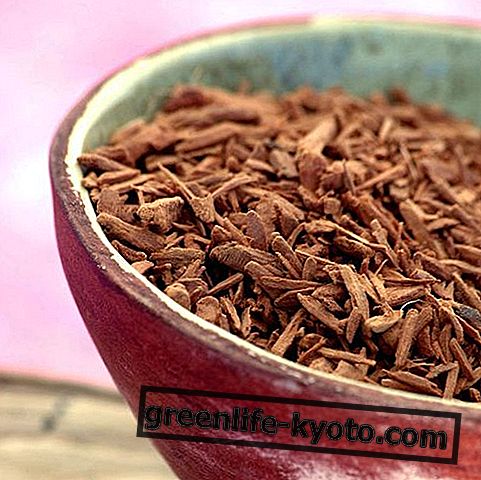
Magnesium and potassium : perhaps we know them only for the advertising of supplements, we have seen their names and abbreviations on colored packages, in pharmacies or at the supermarket.
They are not a commercial gimmick but two essential minerals for our health, which every day we have to supply to our body through a healthy diet and - only in extraordinary cases, on the advice of a doctor - through food supplements .
Let's see what they do together in our bodies.
Magnesium and potassium: what benefits
These are the two most abundant minerals within our cells, closely related to each other: the passage of potassium into and out of cells is guaranteed by a mechanism ( ion pump ) that works thanks to sodium and magnesium.
Magnesium is important for cellular energy production, enzymatic activities, transmission of nerve impulses; regulates the metabolism of other minerals such as calcium, potassium, phosphorus, zinc, and vitamin C.
Beneficial effects of magnesium :
- regulates blood sugar concentration, stimulating insulin production
- reduces blood pressure by dilating blood vessels
- improves cardio-circulatory activity, supporting the activity of the heart and reducing the probability of formation of atherosclerotic plaques
- it improves irritability, sleep disorders, mental fatigue, as it regulates brain activity
- relieves cramps, acting on muscle contractility
Potassium is the most important mineral in the human body, also called "heart mineral". Intervenes in the transmission of muscular and nervous impulses; its concentration in the blood is an indicator for cardiac arrhythmias.
Beneficial effects of potassium :
- improves arrhythmia situations, regulating cardiac activity
- regularizes blood pressure
- regulates the production of energy in the body, intervening in the metabolism of nutrients
- reduces the danger of atherosclerosis, decreasing the formation of thrombi and plaques on the arteries
- decreases the feeling of fatigue and muscle cramps
- improves mood
According to the latest research, magnesium and potassium salts could decrease the risk of kidney stones .
Magnesium and potassium: which contraindications
A correct and balanced diet, rich in whole grains, fresh seasonal fruits and vegetables, water and vegetable proteins, shelters us from the danger of magnesium or potassium deficiency.
However in some situations (excessive sweating, cramps, stress ...) it may be necessary to use supplements . In this case you need to know the contraindications and side effects due to incorrect dosage.
As with all supplements or over-the-counter medications, it is recommended to use it after consulting with your doctor . In fact, contraindications can be severe.
If magnesium is contraindicated in renal failure, there are greater restrictions for potassium ; unless otherwise indicated by the doctor, massive additions of potassium are not recommended in the case of: mineral retention; low blood levels of sodium, calcium, chlorine; renal and hepatic failure; slowing of gastrointestinal transit.
Side effects
In the case of magnesium overdose the side effects will be mild: nausea, diarrhea, stomach cramps, muscle weakness, breathing difficulties, mental confusion. By introducing magnesium-only supplements, excessive dosage could cause imbalances in body concentrations of calcium and potassium.
In the case of potassium, overdose may cause nausea, stomach pain and diarrhea, or in more serious situations, muscle weakness, changes in heart rate.
For the irritable bowel, it may be useful to supplement the diet with potassium and magnesium
To know more:
> Natural magnesium supplements













